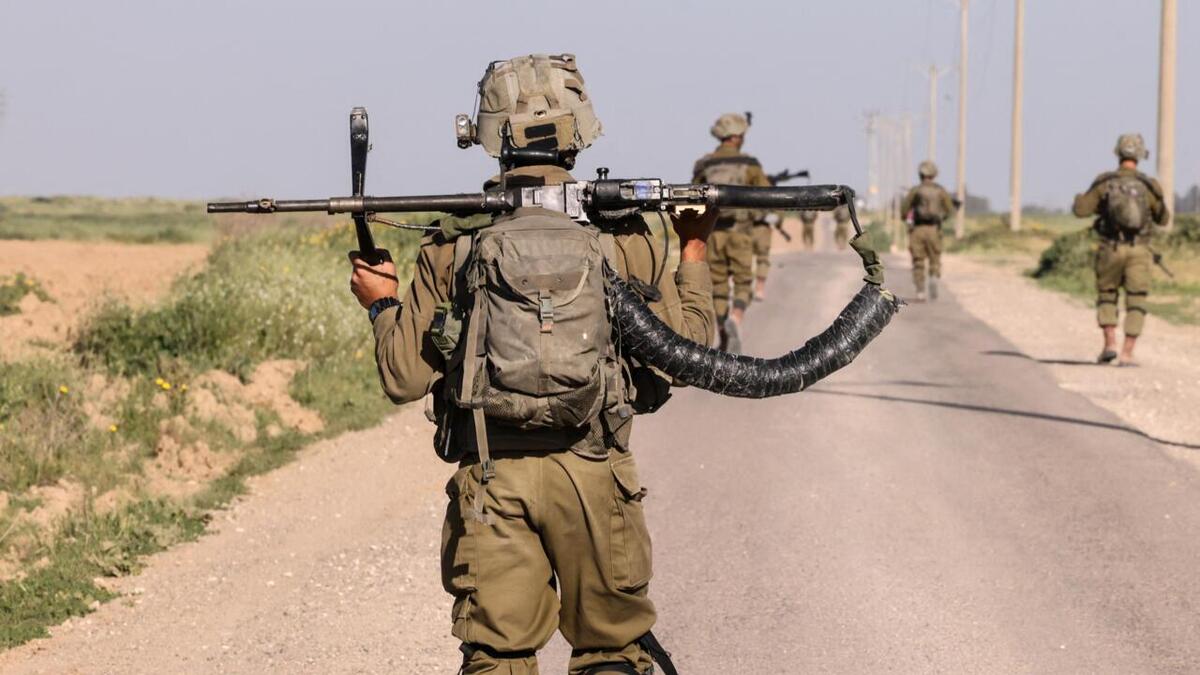France, Israel's secret partner in Gaza crimes

For the second time last week, the parliamentary hearing on France's yearly arms shipments was postponed.
Due to a packed parliamentary agenda, the session, which was originally planned for November and was meant to examine the ministries of industry, international trade, and the armed forces, was moved to December 11. However, the session has now been indefinitely postponed due to the French government's condemnation by MPs.
According to Middle East Eye, the session was eagerly awaited since it would have been the first chance to address the delicate subject of military sales to Israel by the second-largest arms supplier in the world since Israel's war on Gaza began on October 7, 2023.
Although many international organizations have condemned the Israeli army's repeated transgressions of international law, including an arrest warrant against Israeli Prime Minister Benjamin Netanyahu issued by the International Criminal Court (ICC), it is still unclear what kinds of French military hardware were shipped to Israel.
Aurelien Saintoul, an MP from the left-wing party France Unbowed (La France insoumise, LFI) and a member of the National Assembly's defense committee, which is in charge of holding the hearing, stated, "As things stand, we have no way of knowing more."
Last October, President Emmanuel Macron told public radio France Inter that arms sales to Israel should stop while assuring that “France does not deliver any”. Netanyahu described the statement as “a disgrace”, and Macron’s call surprised a number of observers.
Until that point, France had opposed an embargo on arms used by Israel in Gaza, unlike countries such as Spain, Belgium, Canada and the Netherlands, which announced the suspension of their military exports due to the risks to Palestinian civilians.
After Macron’s interview, the presidential palace clarified to French television station BFMTV that France would continue providing what it called defensive equipment to Israel, primarily for missile defense systems.
The difference between offensive and defensive weaponry is actually irrelevant to many who want to stop arms exports to Israel.
"It is not really clear from a military perspective whether those weapons are offensive or defensive. To determine whether the equipment we are exporting is essential, we need information on its kind," Patrice Bouveret, a representative of the Armaments Observatory (Observatoire des armements), told Middle East Eye.

Amnesty International share similar concerns. “There is nothing inconsequential in what we are exporting. Ball bearings are inside all weapons,” Aymeric Elluin, France's advocacy officer, told MEE.
Alongside a group of French NGOs, Amnesty went to court last April to request the suspension of arms exports to Israel and access to information regarding export licenses.
However, the requests were rejected, highlighting another point of tension: the administrative court systematically declares itself incompetent, citing the “act of government” theory.
According to this principle, the administrative judge considers export licences to be inseparable from the state's conduct of international affairs. In other words, the courts deem themselves "incompetent" to rule on the provisional suspension or legality of such licenses.
Amnesty International has denounced this as a form of “jurisdictional immunity” on the issue.